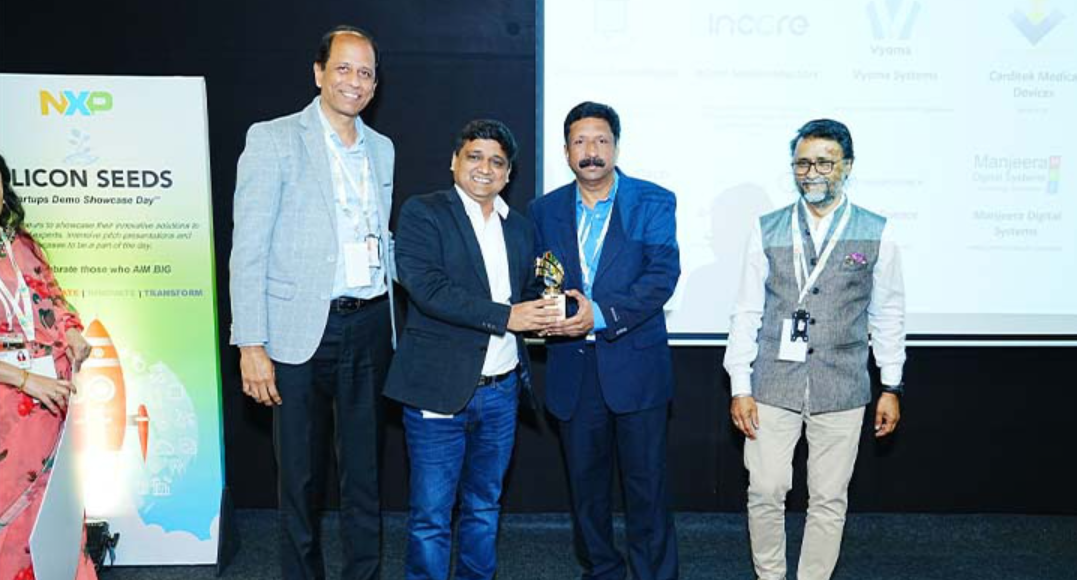In a recent Time article, Christopher Pissarides, a Nobel Prize-winning labour market economist and professor of economics at the London School of Economics, offered a nuanced perspective on the impact of AI on the job market, suggesting that while there is currently a high demand for STEM skills, particularly in IT, this may not always be the case. Pissarides, known for his optimism about AI’s role in the job market, highlighted a potential risk for those in IT jobs and noted that advancements in AI, often driven by those in STEM fields, could lead to the automation of these very jobs.
“The skills that are needed now — to collect the data, collate it, develop it, and use it to develop the next phase of AI or more to the point make AI more applicable for jobs — will make the skills that are needed now obsolete because it will be doing the job,” he said in an interview. “Despite the fact that you see growth, they’re still not as numerous as might be required to have jobs for all those graduates coming out with STEM because that’s what they want to do.”
He added, however, that the demand for these new IT skills inherently carries the seeds of their own destruction.
On the other hand, Pissarides pointed out that jobs requiring “empathetic” and creative skills, such as those in hospitality and healthcare, are less likely to be replaced by technology. He suggested that in a future dominated by AI, the demand for skills in communication, customer service, and managerial roles might increase, as these areas require a human touch that AI cannot replicate.
This insight is particularly relevant given the growing popularity of STEM subjects like computer science among students seeking future-proof careers. Pissarides’ observations imply that a balanced skill set, combining both technical knowledge and interpersonal abilities, might be more beneficial in the long run. He emphasized the enduring importance of human-centric skills in an increasingly automated world.
“When you say the majority of jobs will be jobs that will involve personal care, communication, good social relationships, people might say ‘Oh, God, is that what we have to look forward to in the future’,” Pissarides said. “We shouldn’t be looking down at these jobs. They’re better than the jobs that school leavers used to do.”
Featured image: Credit: Magnus Rew, Wikipedia






